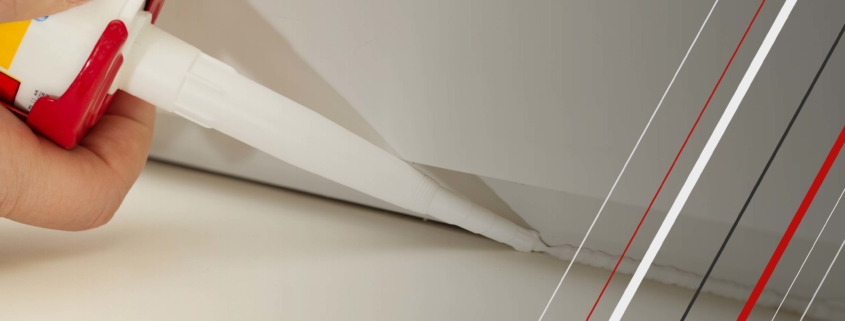Air Sealing in Buildings
Air sealing is an effective way to help prevent fires from spreading. Buildings with air leakage can mean that a fire can spread dangerously fast as the air fans the flames of the fire. This can also seriously effect energy efficiency.
Air leakage can occur when outside air enters the building and conditioned air leaves the building. It is not recommended to rely on air leakage for natural ventilation as this can affect moisture problems within the building’s structure which can affect the health of the occupant, as well as the durability of the building structure.
Buildings must also comply with Building Regulations L2. There can be major problems for health and safety if these regulations are not adhered to. The regulations stipulate appropriate amounts of air leakage and energy conservation for all projects in the UK.
There are many benefits to air sealing, including reducing the cost of internal cooling and heating, increasing the durability of a building, improving internal air quality, comfort of occupants and air sealing is more environmentally friendly.
There are many things that can affect a building’s air leakage, such as weather, and internal building ventilation systems. As well as increasing the spread of a fire, having air leakage can also result in cold and draughty buildings, which are not pleasant to work or live in.
Using methods of air sealing, these problems can be eliminated, and buildings can become comfortable for residents and inhabitants, as well as workers within the building. It can also prevent catastrophic fires and can provide cash savings.
Further cost can be saved when installing air sealing systems and the installation of these systems can prevent the need for further work concerning air flow within the building.
If you have any questions regarding air sealing, please get in contact.

